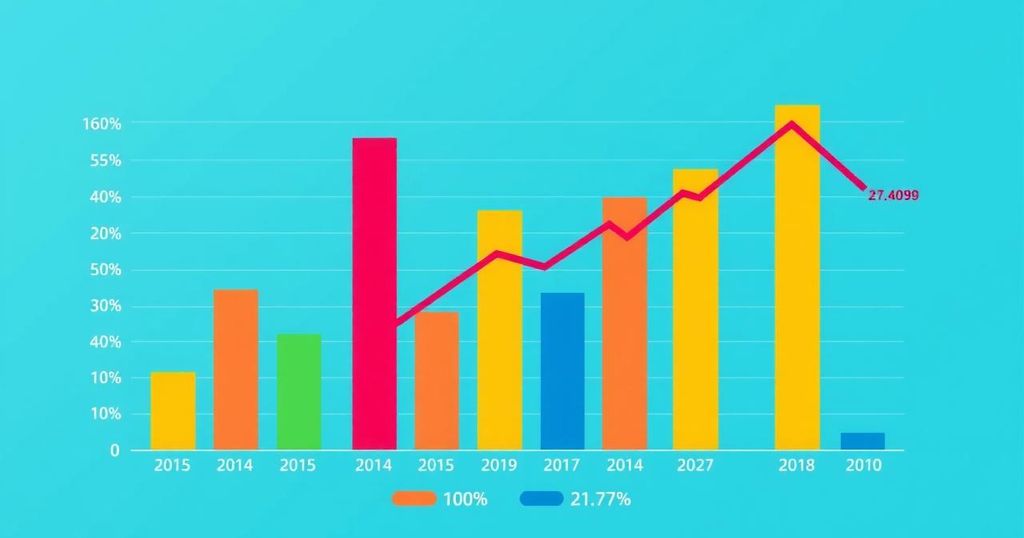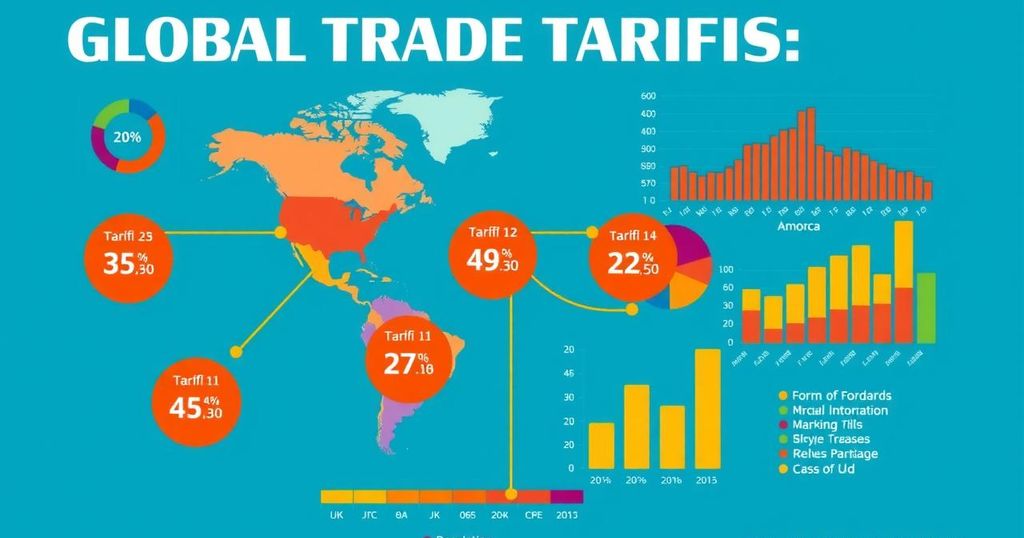Iraq’s upcoming 2025 parliamentary elections reveal deepening political disputes over electoral reforms aimed at addressing fraud and intimidation. Despite IHEC’s attempts at implementing biometric voter registrations, practices such as vote-buying and coercion continue to threaten electoral integrity. Proposals for altering the voting system have emerged, yet political divisions hinder substantive progress towards ensuring fair elections.
As Iraq braces for its parliamentary elections in 2025, a contentious debate regarding electoral amendments unfolds among political parties. Despite some factions advocating for stricter regulations to enhance electoral integrity, significant divisions within Parliament threaten to impede reform efforts, raising serious concerns about the electoral process’s vulnerability to political manipulation.
The credibility of Iraq’s electoral process has been persistently questioned, with frequent allegations of fraud, vote-buying, and coercion. The Independent High Electoral Commission (IHEC) asserts the elections are conducted fairly; however, dissenting voices, including international observers, regularly challenge this assertion, indicating a crisis of legitimacy surrounding electoral outcomes.
Financial resources profoundly impact electoral dynamics in Iraq, with numerous political factions reportedly engaging in extravagant vote-buying practices. A study supported by the IHEC revealed that candidates offered bribes ranging from $50 to $500 per vote, particularly targeting economically disadvantaged communities, where non-monetary incentives like food and appliances were commonplace. An investigation in 2021 suggested that candidates spent an estimated $250 million on such activities to secure votes, thereby compromising electoral integrity.
The 2021 elections further exemplified the turmoil within Iraq’s political environment, as accusations of manipulation within the electronic voting system escalated. The situation intensified when leaders from the Al-Fatah Alliance rejected the results, branding them as fabricated. Hadi al-Amiri, the alliance’s leader, vehemently stated, “We will not accept these fabricated results, whatever the cost” – Source. The violence and intimidation tactics prevalent during this period further exacerbated fears regarding the security of the electoral process.
Political factions have also utilized state institutions for electoral leverage, including the misuse of media entities and the distribution of public resources in exchange for votes. In a notable instance, the Ministry of Electricity issued thousands of temporary contracts just before the elections, with many promptly rescinded afterward. This exploitation of public assets raises significant ethical questions about the administration’s role in facilitating corrupt electoral practices.
Intimidation remains an additional obstacle to fair elections. Armed groups associated with political factions have reportedly threatened candidates and disrupted opposition campaigns, effectively curtailing democratic expression. Human Rights Watch has documented such alarming incidents, revealing an environment in which dissent is perilously suppressed.
In response to these challenges, IHEC has implemented reforms, including introducing biometric voter registration systems aimed at curbing fraudulent practices. By 2023, a significant majority of voters had transitioned to this system, reportedly reducing vulnerability to fraud. However, observers caution against overreliance on technology, emphasizing that external pressures can still compromise voter autonomy, as noted by observer Ali al-Tamimi, who stated, “Biometric systems ensure voters are real, but they don’t eliminate external pressure” – Source.
The discussion surrounding electoral reform is intensifying as the 2025 elections approach, with proposals emerging for potential changes in the voting system. Advocates argue that a shift towards an 80/20 or 90/10 model of seat allocation could diminish the influence of wealth over the electoral process. However, opposing views suggest that strengthening enforcement mechanisms is more critical than altering the electoral framework itself.
Despite ongoing discussions, no formal amendments have yet been adopted, as bureaucratic inertia and political disagreements persist. Election experts have voiced concerns regarding the potential benefits of parliamentary dissolution to rejuvenate a stagnant system. They argue that significant legal and judicial oversight is crucial for any reforms, advocating for the involvement of knowledgeable individuals to ensure the reform serves the populace’s interests.
In conclusion, Iraq’s struggle to navigate electoral fraud ahead of the 2025 parliamentary elections highlights significant concerns regarding the integrity of its political system. While various factions propose reforms to address these issues, significant divisions and ingrained practices remain obstacles to achieving a fair electoral landscape. The reliance on financial resources and intimidation tactics undermines democratic principles, necessitating comprehensive reforms and enhanced oversight to restore public faith in the electoral process.
Original Source: shafaq.com




